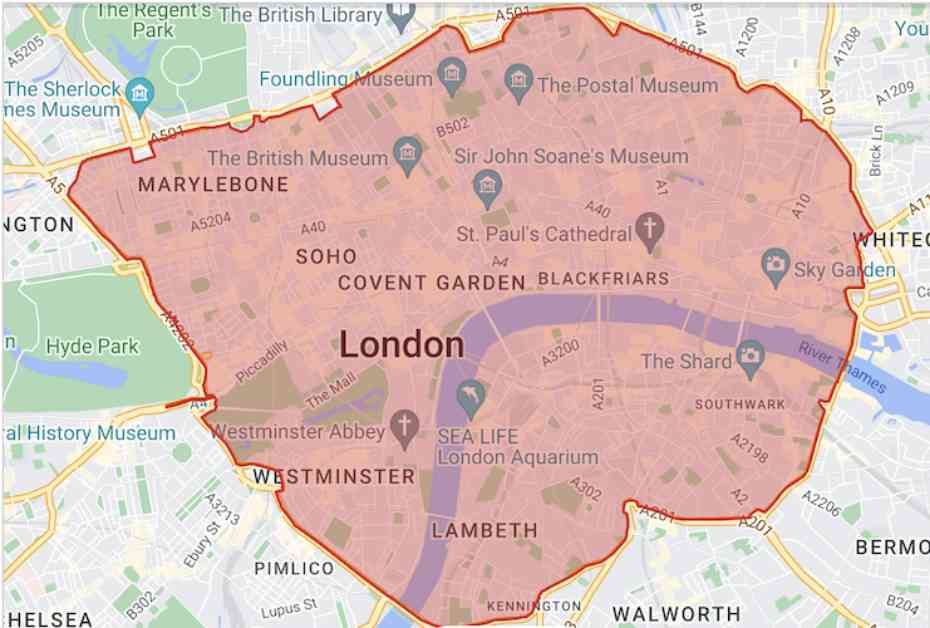A recent study revealed that London continues to struggle with the worst road traffic congestion in Europe, marking the third consecutive year that the UK capital has held this unfortunate title. According to traffic analysts INRIX, London drivers spent an average of 99 hours stuck in traffic during 2023, costing each driver around £900 per year and the city’s economy a staggering £3.8 billion.
This news comes on the heels of Sadiq Khan’s reelection for a third term as Mayor, during which he pledged not to introduce a London-wide congestion charging scheme. Despite his previous interest in such a policy, Khan faced backlash from various political groups, ultimately leading him to abandon the idea in favor of political discretion.
However, many experts and organizations have advocated for the implementation of a modern, flexible road user charging (RUC) scheme across Greater London. Supporters argue that such a system would benefit a wide range of city residents, including those who rely on vehicles for transportation. Notably, figures from both the left and right end of the political spectrum have voiced their support for RUC, emphasizing its potential to alleviate traffic congestion and fund the road network effectively.
While experts agree on the benefits of RUC, the prospect of implementing such a scheme faces opposition from certain political factions. Critics argue that any form of congestion charging infringes on individual liberties and poses a threat to motorists’ freedoms. In the past, referendums on congestion charging in cities like Edinburgh and Greater Manchester have resulted in overwhelming rejection by voters, despite the success of similar schemes in London.
Securing public support for a comprehensive congestion charging scheme will require a combination of advanced technology, well-crafted policy, and a compelling communication strategy. The transformation of London’s road networks is crucial to supporting the city’s economic growth and ensuring efficient transportation for residents and businesses.
As the debate on congestion charging continues, it is evident that a collaborative effort involving policymakers, experts, and the public will be necessary to address London’s traffic congestion effectively. By exploring innovative solutions and garnering widespread support, the city can pave the way for a more sustainable and efficient transportation system in the future.





















